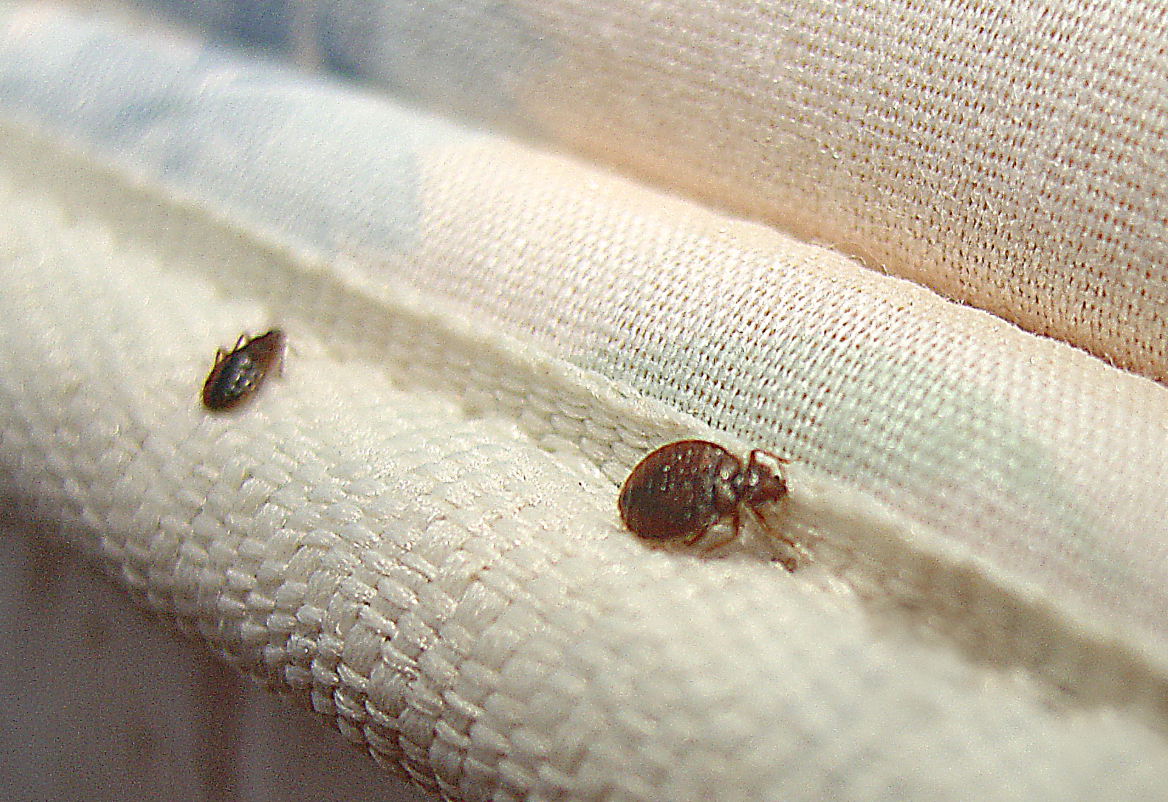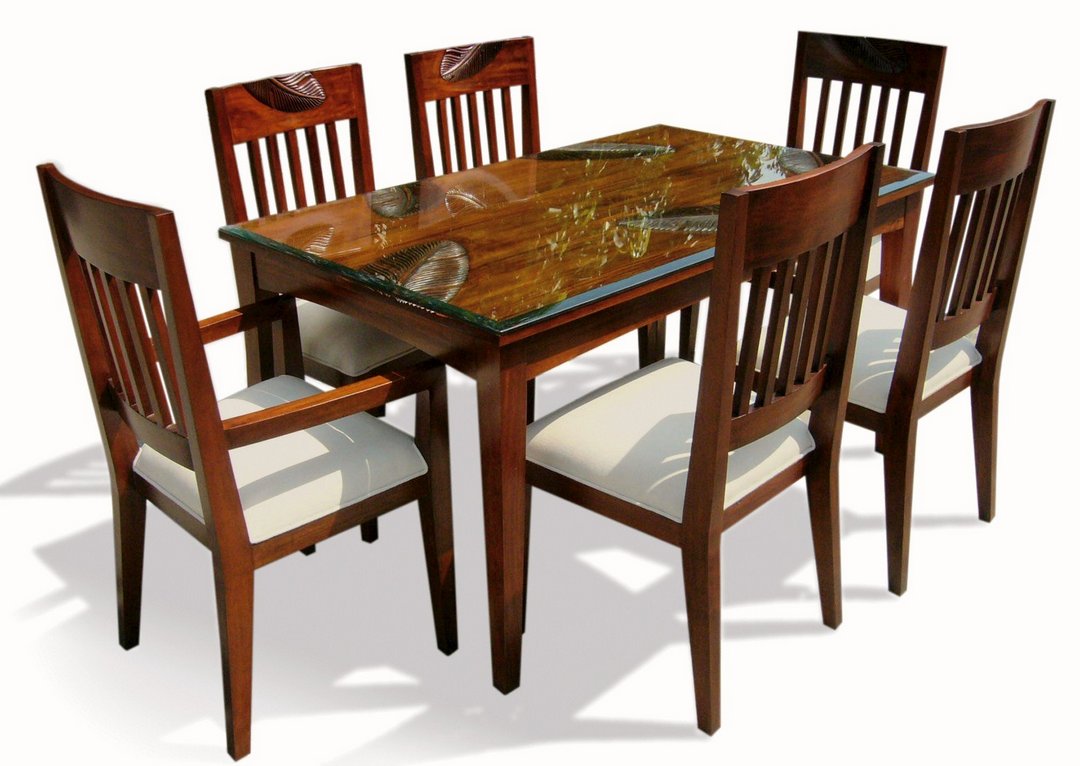Learn About Tiny House Designs and Construction Basics
Tiny house designs and construction basics are essential tools in creating a beautiful and functional home. To become an expert in this field, aspiring architects and designers must develop the skills necessary to construct a tiny house on a budget. Learning the basics of construction, design, and architecture is the first step to becoming an expert in the world of tiny house designs and construction.
You must begin by understanding the principles behind tiny house designs and construction. Tiny homes are unique because they are designed to rely on limited resources and space, and often feature a minimalist design. Become familiar with concepts like energy efficiency, sustainable building practices, and resource conservation, as they are all necessary components to create a tiny house. You should also become familiar with diy construction, and be prepared to use alternative materials such as recycled items and renewable materials to cut construction costs.
Research and study the various tiny house designs available online, and become familiar with the different types of design elements that make a tiny house unique. Become familiar with proper construction techniques and use of tools, and be sure to consider whether the design you have chosen can be completed with the available funds and materials.
Take Classes in Residential Architecture, Design, or Building
One of the best ways to learn the basics of tiny house designs and construction is to take classes in residential architecture, design, or building. These classes will teach you the principles of form and function, as well as the basics of construction and design. Not only will these classes benefit your skillset when it comes to tiny house designs and construction, but they will also provide you with a better understanding of residential architecture in general.
Most universities offer courses in architecture, design, or construction, and many companies also offer certification programs. Taking classes in residential architecture, design, or building will also give you the necessary contacts and experience needed to begin your journey in tiny house designs and construction. Plus, you may be able to use these classes to qualify for scholarships or grants to fund your dream tiny home.
Gain Experience and Expertise Through Internships and Employment
A great way to gain experience and expertise in tiny house designs and construction is to seek out internships or jobs in the field. Architecture firms, construction companies, and engineering firms often hire interns to assist them with tiny house designs and construction projects. Working with experienced architects, designers, and builders is one of the best ways to gain the knowledge and skill you need to become an expert in tiny house designs and construction.
Not only will internships and employment give you the necessary hands-on experience, but it will also give you the opportunity to network with professionals in the field and make valuable contacts. Make sure to take these experiences and build relationships with fellow professionals, as these contacts could prove to be invaluable in the future.
Develop a Professional Portfolio
Having an impressive and professional portfolio of tiny house designs and construction projects is essential when becoming an expert in the field. Potential hiring firms and clients will be interested in your skills and experience, so a portfolio will serve as proof of your ability to create stunning tiny homes. A portfolio is also essential in helping you establish yourself as a professional and gain reputation in the industry.
Your portfolio should showcase your best designs and construction projects, and feature a range of tiny house designs. Make sure to include both indoor and outdoor designs, and include not only the finished product, but also images that show the development process. It's also a good idea to keep your portfolio updated frequently, as this is a great way to showcase your latest work and progress as an expert in tiny house design.
Network to Make Contacts in the Tiny House Design Field
Connecting with other professionals in the field of tiny house design is a great way to develop a successful career. Networking provides the opportunity to build relationships with potential employers and clients, as well as learn valuable knowledge and advice from mentors. Join industry associations and attend networking events to make connections in the industry and get your name out there.
Most associations also offer special interest groups and forums, where they discuss the latest trends in the tiny house design world. Joining these groups is a great way to get insight into the industry, stay up-to-date, and make contacts. You can also create a profile on social networking websites like LinkedIn to showcase your work and build relationships with other professionals.
Join Professional Organizations and Stay Up-to-Date
As an expert in tiny house designs and construction, staying up-to-date on industry news and trends is essential. Professional organizations can provide invaluable resources and information, as well as offer the chance to connect with potential employers and clients. Many organizations also host seminars and workshops, where experts in the industry share their knowledge and experience.
These professional organizations are a great way to stay in touch with industry developments and meet fellow professionals in the industry. Make sure to join local and national organizations, as these are some of the best resources for staying on top of the latest trends in tiny house designs and construction.
Get Certified in Home Design or Building
Certification in home design or building is an effective way to demonstrate your knowledge and expertise in the field. Certifications prove your dedication to the craft and your commitment to upholding safety standards and creating a beautiful and functional home. Attaining certification will help you stay ahead in the industry and provide employers and clients with the proof that you are an authoritative figure in the field of tiny house designs and construction.
Before pursuing a certification, make sure that the institution or organization you choose is recognized by the industry and that the certification qualifies you as an expert in the field. It is also a good idea to find out the requirements of the certification, as some may ask you to have a minimum number of projects or extensive experience.
Find a Mentor to Guide You on Your Tiny House Design Journey
Having a mentor that can guide and support you on your tiny house design journey is an invaluable way to become an expert in the field. A mentor can be a great resource of knowledge and experience in the industry, and can offer you invaluable advice on how to further advance your career. Many mentors offer personalized advice and guidance that can serve to enhance your skills and help you grow as a professional.
At the very least, find someone who is knowledgeable in the field and can give you insightful advice. Mentors can also help introduce you to potential employers and clients, so building relationships with mentors can be very beneficial to your career.
Market Yourself Using Tiny House Design Resources
Getting your name out there isn’t just beneficial to your credibility as an expert in tiny house designs and construction, it is also necessary for success. Consider using online resources such as websites, blogs, and social media to market your skills and services. Use these resources to establish yourself as an expert and showcase your work. You can also reach out to potential employers and clients through these platforms.
Having a professional online profile and website is essential in marketing yourself and your tiny house designs. Additionally, consider using a blog to share your experiences and expertise and help you become a thought leader in the industry. You can also use social media platforms like Twitter and Instagram to showcase your work, share knowledge, and build relationships with other professionals.
Continuously Develop Your Skills and Style to Keep Improving and Moving Forward
Tiny house designs and construction is an ever-evolving industry, and in order to stay ahead and become an expert it’s important to continuously develop your skills and style. Research and explore the latest trends and designs in the industry, and make sure you are comfortable working with the latest materials and techniques. Additionally, pay close attention to your style and develop your own unique aesthetic as an architect or designer.
Expand your skill set by studying the principles behind other design styles, such as mid-century modern, contemporary, or industrial. You should also get feedback on your work from peers and mentors. This feedback will help you stay on top of what’s trending and make adjustments to your designs and construction techniques.
Developing Your Design Portfolio
 As a tiny house designer, having an impressive and professional portfolio is key to success in the market. A portfolio is a collection of samples that demonstrate your design experience, techniques, and style that you can show to potential clients. It will show potential employers that you have the necessary design skills and experience required to take on their project.
When creating your portfolio,
it’s important to focus on the types of designs that are related to tiny house design
. You may want to include samples from varying levels of complexity that demonstrate your ability to work on unique and creative projects. Be sure you have an up-to-date portfolio showcasing your most recent and relevant works.
When you are ready, you should set up meetings with potential employers and showcase your work. These meetings allow potential employers to
understand your design style and capabilities
. Networking is an important part of the process. Engaging with other professionals in the industry can open the door to employment opportunities and increase your exposure.
As a tiny house designer, having an impressive and professional portfolio is key to success in the market. A portfolio is a collection of samples that demonstrate your design experience, techniques, and style that you can show to potential clients. It will show potential employers that you have the necessary design skills and experience required to take on their project.
When creating your portfolio,
it’s important to focus on the types of designs that are related to tiny house design
. You may want to include samples from varying levels of complexity that demonstrate your ability to work on unique and creative projects. Be sure you have an up-to-date portfolio showcasing your most recent and relevant works.
When you are ready, you should set up meetings with potential employers and showcase your work. These meetings allow potential employers to
understand your design style and capabilities
. Networking is an important part of the process. Engaging with other professionals in the industry can open the door to employment opportunities and increase your exposure.
Developing Your Skills
 Not only is it important to create a portfolio that demonstrates your design capabilities,
it’s also important to stay up-to-date on the latest trends in tiny house design
. Different employers may require knowledge of current materials, technology, local building codes, and other necessary information. Taking classes related to tiny house design and attending conferences in the industry can be beneficial. Additionally, staying active on social media will help you build relationships with other professionals in the field.
It is also important to have basic knowledge of related disciplines such as construction, carpentry, and architecture. Having a well-rounded knowledge base can make you a more attractive and valuable candidate when searching for jobs.
Not only is it important to create a portfolio that demonstrates your design capabilities,
it’s also important to stay up-to-date on the latest trends in tiny house design
. Different employers may require knowledge of current materials, technology, local building codes, and other necessary information. Taking classes related to tiny house design and attending conferences in the industry can be beneficial. Additionally, staying active on social media will help you build relationships with other professionals in the field.
It is also important to have basic knowledge of related disciplines such as construction, carpentry, and architecture. Having a well-rounded knowledge base can make you a more attractive and valuable candidate when searching for jobs.
Getting Certified
 If you want to take your career to the next level, there are some certifications you can seek out as a tiny house designer. Having a professional credential or certificate can make a huge difference in employment opportunities. Depending on the area you’re in, there may be local certifications you can pursue. Additionally, you can explore certifications related to tiny house design, such as the American Tiny House Association. For this association, you constantly need to prove your practical experiences and theoretical knowledge.
Overall, becoming a successful tiny house designer takes hard work and dedication. It is important to have an impressive portfolio and develop your skills. Completing a certification can also give you valuable credentials and help boost your career.
If you want to take your career to the next level, there are some certifications you can seek out as a tiny house designer. Having a professional credential or certificate can make a huge difference in employment opportunities. Depending on the area you’re in, there may be local certifications you can pursue. Additionally, you can explore certifications related to tiny house design, such as the American Tiny House Association. For this association, you constantly need to prove your practical experiences and theoretical knowledge.
Overall, becoming a successful tiny house designer takes hard work and dedication. It is important to have an impressive portfolio and develop your skills. Completing a certification can also give you valuable credentials and help boost your career.















































































































